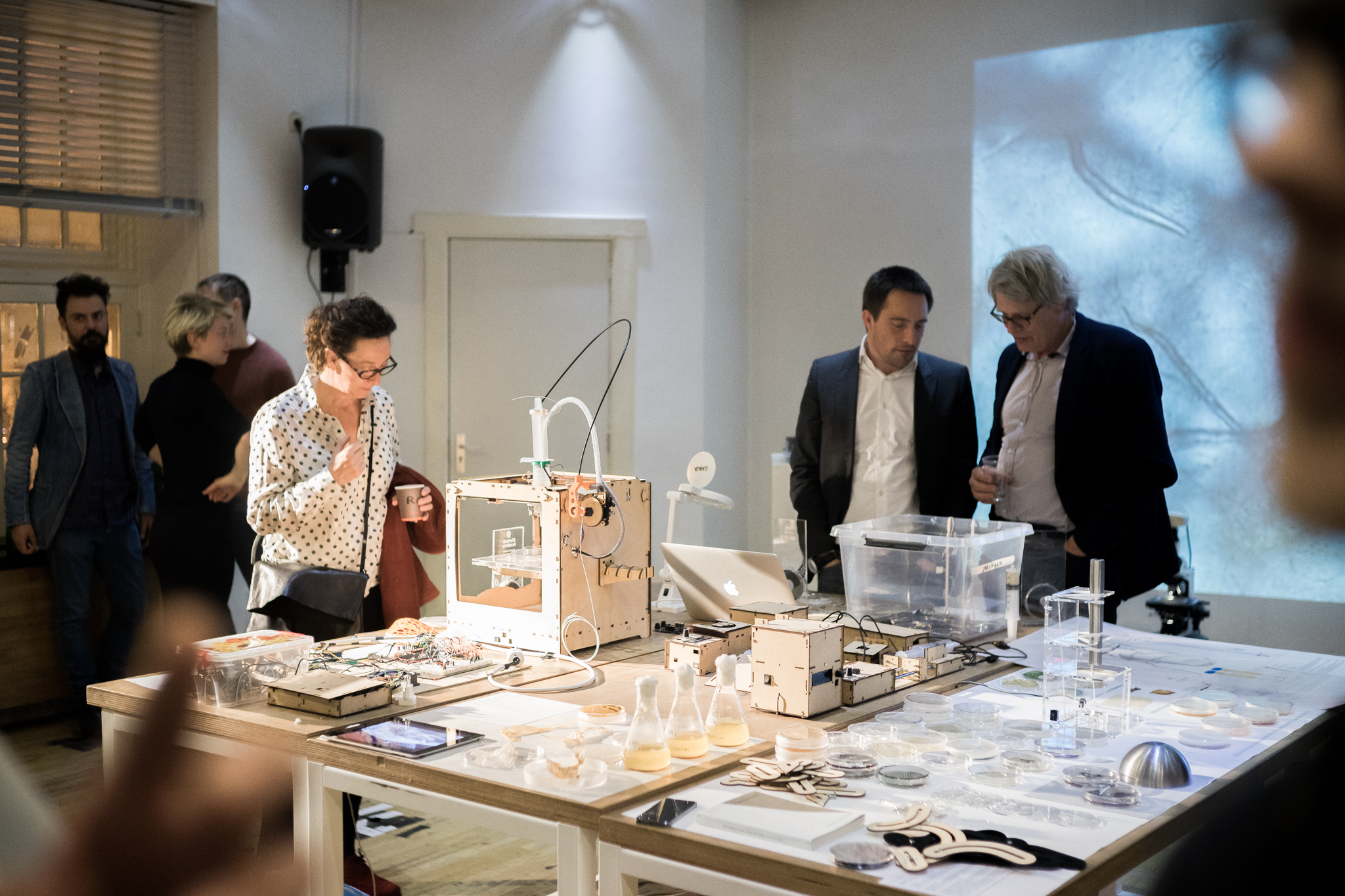Blood as a debuggable data set
Off course we tend to leave the “body debugging” to a knowledgeable individual namely our doctor. But that doctor is only a person albeit heavily trained. Furthermore, your doctor might be overworked or out of touch on recent research on the disease that might be threatening you. Don’t get me wrong here I’m not saying that we should stop seeing our doctors I just wish
we also could gather data ourselves so that we can get a more better diagnosis founded on richer data.
Picture this: You’ve noticed that something is iffy with your body as of late. So, you phone your doctor up and make an appointment maybe a week from the phone call. After consulting with the doctor at that time you may be asked to provide blood either the same day or possibly at a later date let’s say a week. After having your blood taken more time passes before you receive either a phone call or a letter asking you to come in for another consultation in a while.
There are a number of potential issues here. Firstly this whole process takes a lot of time. Secondly if you don’t get to see the results of your blood test it’s hard to tell upon what data your doctor’s diagnosis is founded upon. Are your levels clearly in some danger zone or barely within? Are there perhaps some slightly suspicious variables that your doctor choose to overlook in favor of a less complicated diagnosis? It’s hard to say and you end up having to trust your doctor (which you most often should). Nevertheless, I believe even the smartest of us can make errors so for me I would appreciate getting a copy of my blood result as a data set I could analyze on my own and perhaps even forward to some other experts if I would want to.
Your blood as a snapshot of your internal state #
How about that? A blood analysis is a snapshot of your health at the moment. Imagine getting your blood data as a dataset formated as an .xml, .json or .csv file. If we could reliably and safely extract blood and analyze it on a more frequent basis we could track our body over time and perhaps spot previously unknown correlations in our life between food, stress, various life events and possible consequences of that on our body. Imagine going for a consultation with a doctor and you could provide one or more year’s worth of log data concerning the state of your body? What’s more this data could also be aggregated and researched on a larger scale provided the analysts could confirm that the user data was gathered in a good way.
I would argue that it could be quite beneficial for people to be able to frequently and safely gather data about the state of their body through safe affordable blood analysis. Do It Yourself (DIY) electronics have been on the rise for a while and even DIY genetics (biohacking). In addition to the DIY maker movement there is also a movement called Quantified Self in which members try to passively collect as much data about their own lives so that they can try to measure the impact of what they eat on how they sleep. Our society have clearer and clearer tendencies towards a democratization of knowledge and tools in all areas of society from IT, to electronics to health and beyond.

Biohack Academy graduation show 2015. Photo credit: Waag Society (licensed under CC-BY-NC-SA).
Democratization of knowledge help us become more data-driven in our daily lives #
When it comes to all sorts of diseases we have a lot of quasi-scientific forum discussions. In these forums people try their best to help themselves and others improve their lives through all sorts of medicaments and treatments. Many might shake their head at these forums because they view them as superstitious knowledge at best. However, imagine those forums becoming more and more data driven because people have affordable, trustable tools in combination with scientific knowledge through videos. Scientists might cringe at this thought but I think that there’s a true potential here for scientific breakthroughs caused by a big growth in hobbyist research which in turn can help inspire rigid research into the most promising hobbyist research areas.
There’s a potential here.
Cover photo credit: Waag Society (licensed under CC-BY-NC-SA).
 Nils Norman Haukås
Nils Norman Haukås